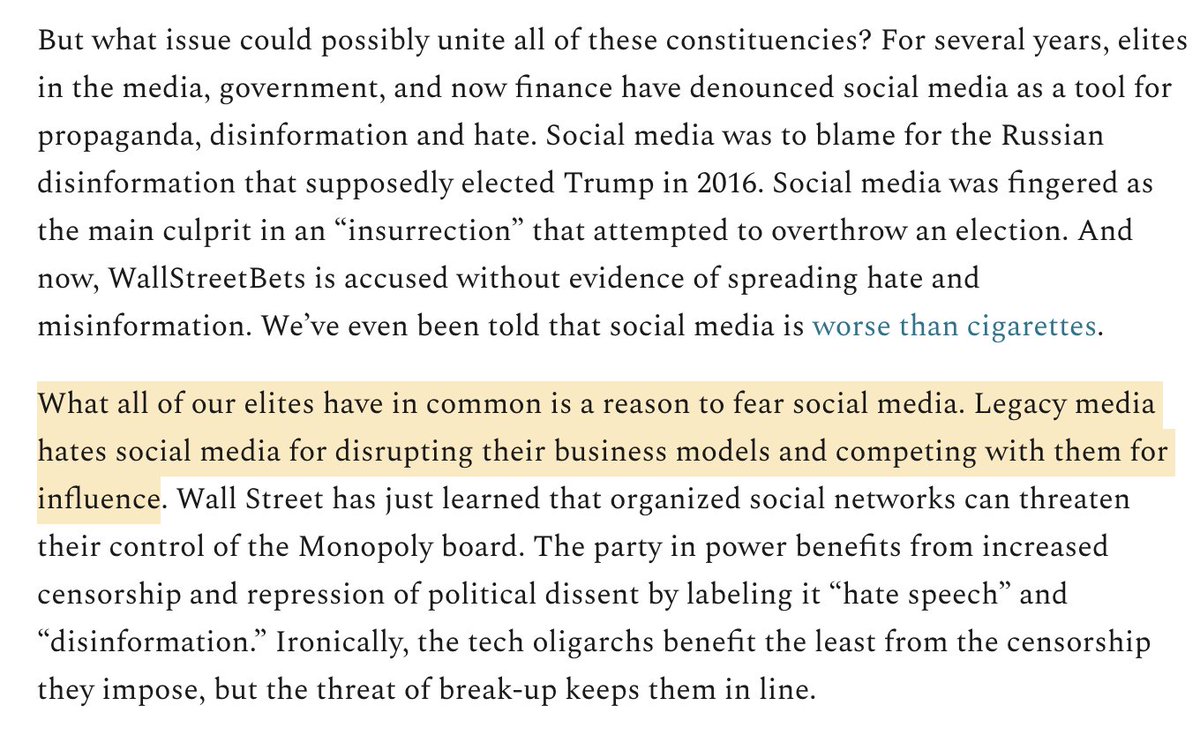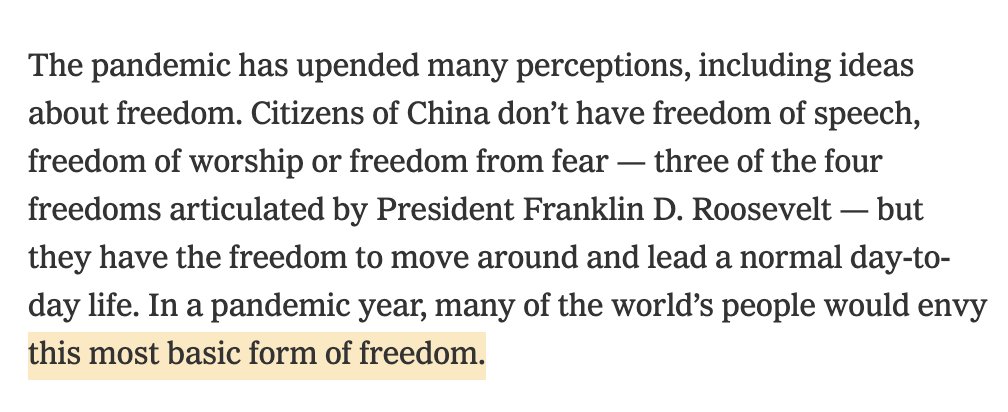
Yes, they are unacceptable.
But riddle me this. Why, if Trump’s rhetoric or hawkish China foreign policy is the reason for the hate crimes, is this happening in progressive cities? And under Biden’s admin?
But riddle me this. Why, if Trump’s rhetoric or hawkish China foreign policy is the reason for the hate crimes, is this happening in progressive cities? And under Biden’s admin?
https://twitter.com/mcaruso_cabrera/status/1360339864340688896
And here’s a thread about this widespread media claim, and about where the data is coming from.
https://twitter.com/msmelchen/status/1359582082540863494
Also, “STOP AAPI Hate” is a group started by Chinese for Affirmative Action.
Biden’s DOJ recently dropped the lawsuit against Yale for discriminating against Asian applicants.
I find this connection btw promoting affirmative action and the increase in hate crimes interesting.
Biden’s DOJ recently dropped the lawsuit against Yale for discriminating against Asian applicants.
I find this connection btw promoting affirmative action and the increase in hate crimes interesting.
@ZaidJilani, this might be of interest.
• • •
Missing some Tweet in this thread? You can try to
force a refresh








